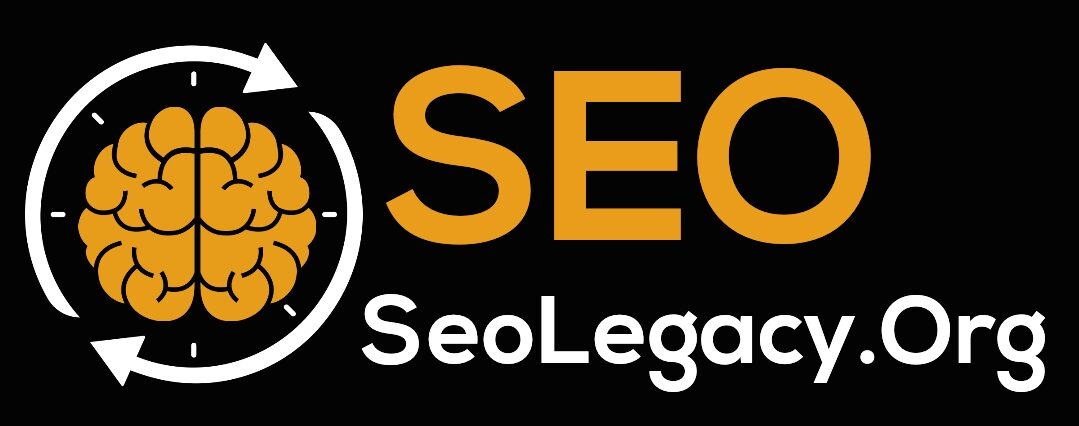What Changes Should SEO Make In The Age Of AI?
Website design enhancement is developing as it generally has, perhaps somewhat quicker recently. You can keep up with the competition if you learn how to use AI effectively.
A slew of AI “experts” suddenly appeared in tandem with the flood of AI tools available on the market. There are a lot of new sayings like “SEO is dead” and “AI will take your jobs.”
The truth is that neither of those things is true, or at least not in the way that many people think it is.
SEO is still around, and AI won’t take your job.
Since the late 1990s, predictions of SEO’s demise have been made. To make fun of those predictions, I even wrote a fun song to the tune of Neil Young’s “Hey Hey, My My.”)
However, we are aware that SEO is in a state of constant change. SEO is also not particularly new to AI. Google has been utilizing AI and man-made intelligence to hone its list items, identify spam, and further develop matching searcher purpose to site content.
SEO didn’t go away, and those who improved their SEO work did well. In order to increase our visibility in organic search, we adjusted to the changes and began to improve the way we optimize our websites.
SEO tools have been using AI for a while, despite the recent hype. AI is no longer restricted to advanced tools or people who can code now that it is more widespread.
It has been said numerous times, but it bears repeating:
“AI will not take your place. You will be replaced by someone who uses AI.
In this new era, what should SEOs do?
“SEO will never be dead, but it will change,” Fabrice Canel stated once more. Maintain the previous SEO strategy.”
That piece of advice was cautious. Keep an eye on how usage grows and changes how people search.” We ought to be doing those things anyway.
It is impossible to produce content using only AI. It won’t fail because search engines can automatically label AI-generated content as spam; rather, the quality won’t be there. Over the long term, high-quality content will always prevail over low-quality content.
Although AI-generated content can be utilized, Gary Illyes of Google advised, “Be sure it is reviewed by humans to ensure quality and accuracy.” Really brilliant, they can’t yet supplant human experience, insight, and aptitude. Additionally, languages with intricate grammar can present challenges forgenerative AI.
Illyes pointed out that AI content may be inaccurate in Japanese. As a result, AI translations should be reviewed by humans.
Writing HTML titles, meta descriptions, and schema tags can be performed more quickly and effectively bygenerative AI. Even though a person should still review the content produced in this manner, reviewing is much quicker than writing from scratch.
Do you see what I’m getting at here? Humans can’t be replaced by AI. It might be able to in the future, but not right now.
Keyword research is yet another great application of AI. We have never before been able to quickly sort through a lot of information to come up with solid, data-driven recommendations. Over time, this will only get faster and more accurate.
Keep up with the times.
Learn how to use AI in this way to save time and make better recommendations for content optimization. Keep an eye on the price points as this kind of service becomes more of a commodity.
Some experts in digital marketing have compared the current state of affairs to the early days of Google and Twitter. With all the possibilities at our fingertips, there is a lot to be excited about.



